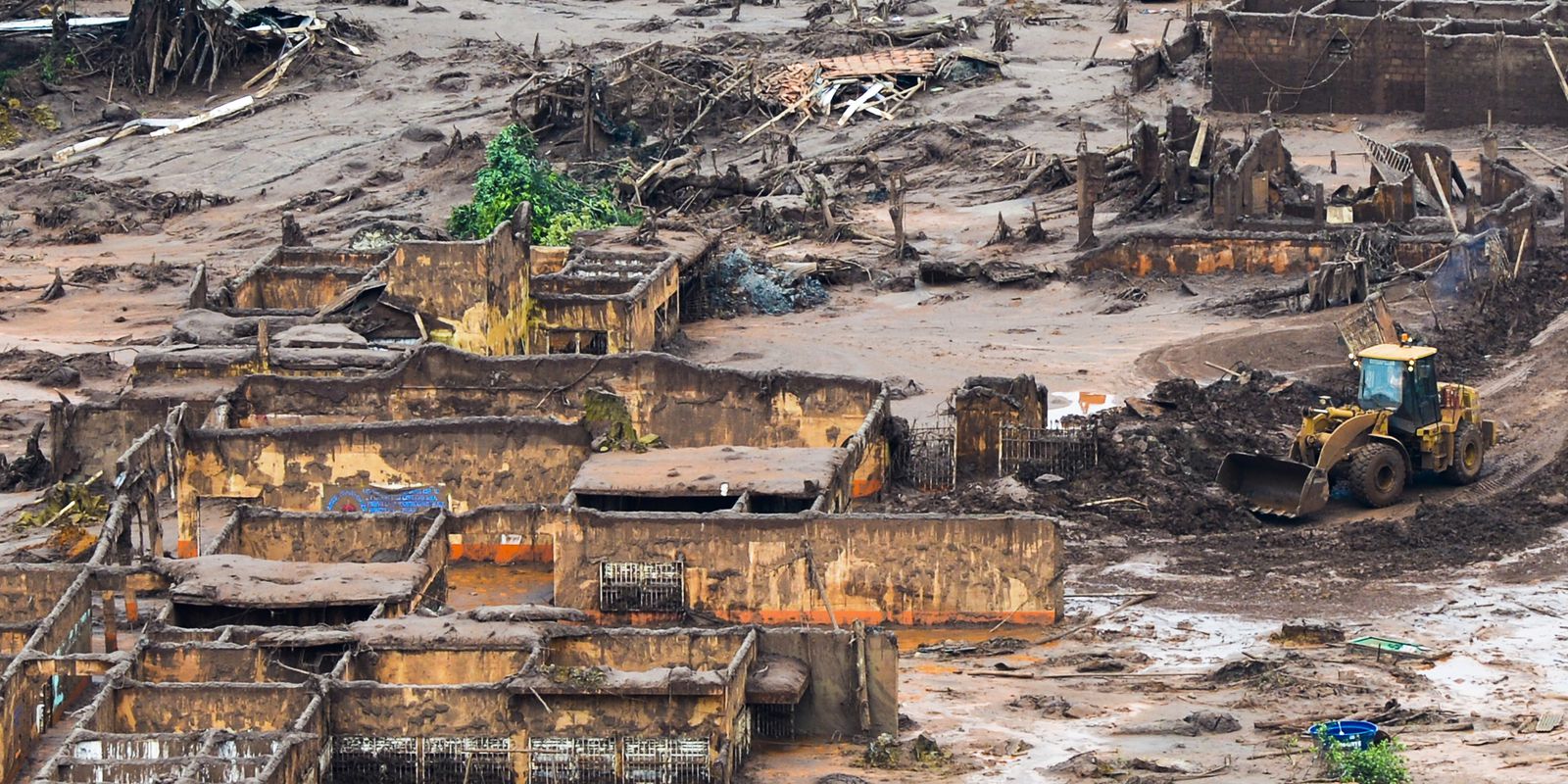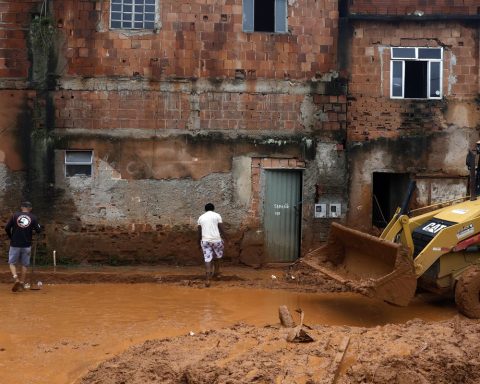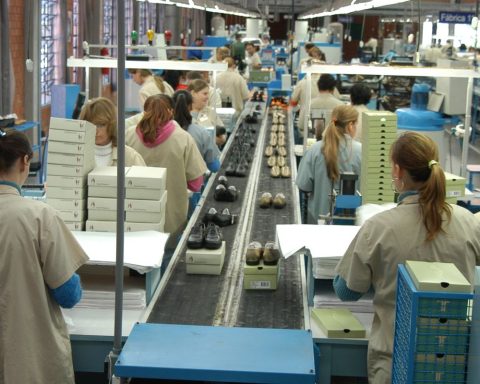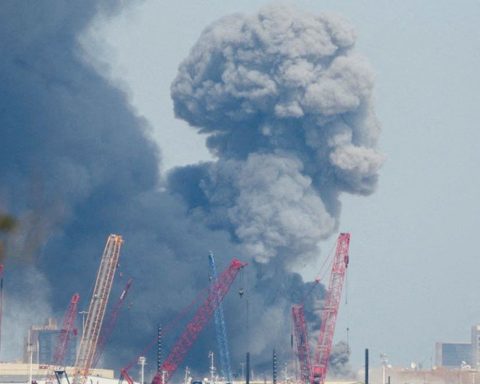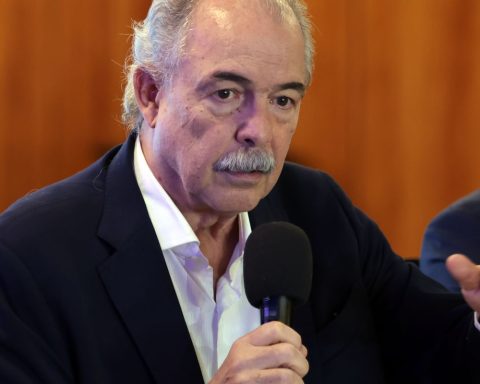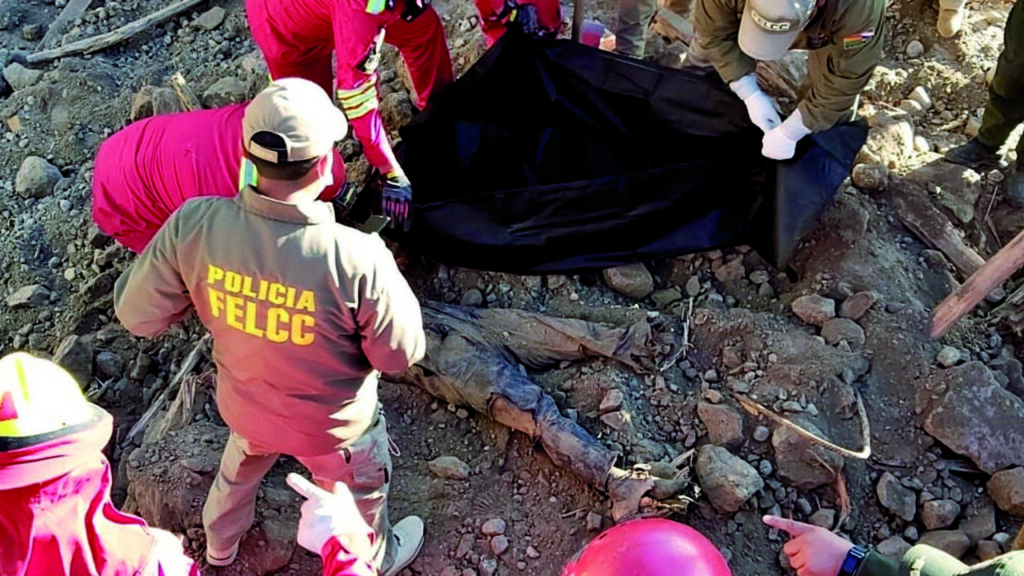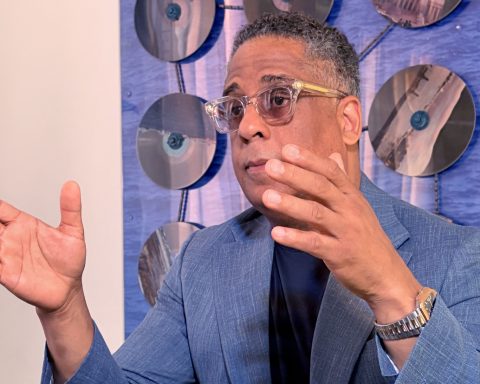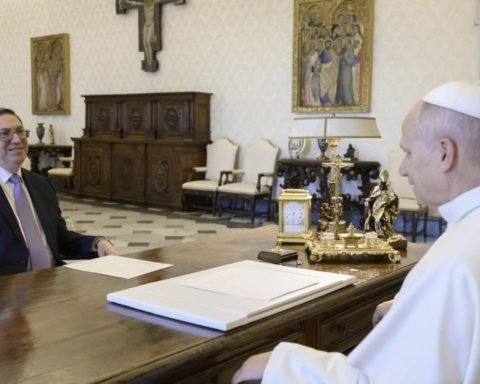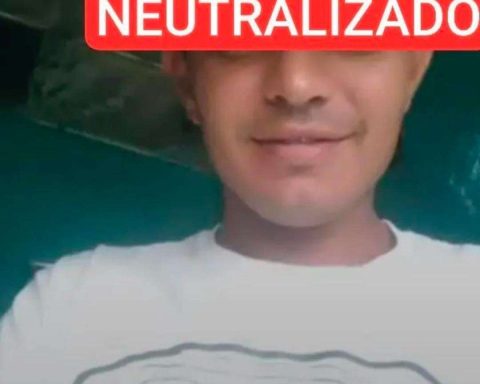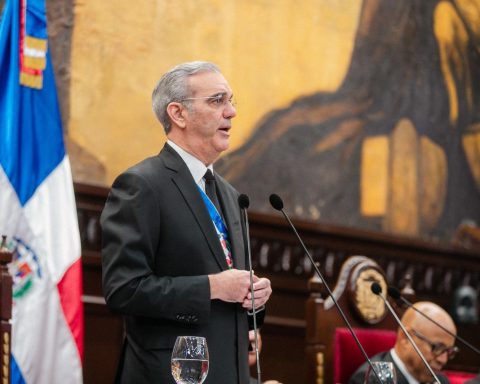Since the novel system was created in 2020, the number of people compensated for the rupture of the Samarco mining dam has increased – about R$ 5.68 billion have already been allocated to 56,700 people. The figures are based on a survey carried out by the Renova Foundation, which manages the process of repairing the damage caused by the accident. THE Brazil Agency had access to the data, which is up to date as of March 31.
The compensation process generates controversy. According to the commission for those affected in the city of Mariana, most of those who suffered the most damage refuse to accept the amounts offered. “For those who didn’t have to run from the mud, who didn’t have their house or lands badly affected, the amounts can be welcome, but I see that Samarco and its shareholders Vale and BHP Billiton are using this compensation system to disclose fabulous numbers and encourage those affected on the front line to join. Some gave in and joined, but it’s an exclusion proposal. It doesn’t cover 10% of my loss”, says rural producer Marino D’Ângelo, a member of the commission.
A dairy farmer, Marino’s property in the Paracatu district was on the tailings path. “I understand that everyone has the right. In Mariana, everyone is affected in some way. The priority should be to compensate the people whose lives were dirty with mud. We, who impoverished, still live a life that was imposed on us. temporary housing, and my economic activity is experiencing a setback.” Like others affected by the tragedy, the producer took individual action in search of reparation.
Samarco’s dam failed in November 2015. The structure, located in the municipality of Mariana, in Minas Gerais, released an avalanche of tailings that reached the Rio Doce and flowed to the mouth, causing socio-environmental and socio-economic impacts in dozens of municipalities in Minas Gerais and of the Holy Spirit. Nineteen 19 people died.
Novel is the name given to the simplified compensation system initially established for Naque (MG) and Baixo Guandu (ES), according to the decision of the federal judge Mário de Paula Franco Júnior, taken in September 2020. The measure was announced by the Renova Foundation as a way to unlock the payment of indemnities. At the time, reports from Ramboll, one of the independent external consultants that advise the Federal Public Ministry (MPF), said that only a third of the families registered in the entire Rio Doce basin had received any compensation.
Little by little, more cities were included in new sentences signed by Mário de Paula. Currently, 45 municipalities are covered: 36 in Minas Gerais and nine in Espírito Santo. According to the Renova Foundation, the novel system accounts for 74.2% of all individual compensation paid since the tragedy, which occurred more than six years ago.
Critical of the delay in the indemnification process until 2020, the MPF also questions the implementation of the novel, pointing out irregularities in the simplified system and considering some low values. A judicial appeal was filed, which also denounced the recognition of commissions of illegitimate victims. With the acceptance of the system without objections by the Renova Foundation, the suspicion of a simulated dispute was raised, which occurs when the process is opened after a prior agreement between lawyers of both parties. However, the appeal was not granted in a second instance decision.
Fundação Renova was created in 2016 pursuant to the Term of Transaction and Conduct Adjustment (TTAC) signed between the federal government, the governments of Minas Gerais and Espírito Santo, Samarco and the shareholders Vale and BHP Billiton. The three miners must guarantee all repair costs. Renova is responsible for receiving the funds and managing over 40 programs, including the individual indemnity program.
In a statement, the foundation says that the novel system established new procedures that allowed workers who would have difficulty proving damages to be recognized as affected. “The new flow made it possible to indemnify categories that were often informal, such as artisans, cart drivers, washerwomen, subsistence and informal fishermen, areeiros and others. The system also compensates formal categories such as professional fishermen, boat owners and companies such as hotels, inns and restaurants”, adds the text.
For workers in informal categories, compensation varies from R$71,000 to R$161,300. In the case of professionals, the highest value is R$ 567.5 thousand, for shrimp vessel owners.
Renova’s performance is also criticized by the Public Ministry of Minas Gerais (MPMG), which, in February last year, filed a lawsuit asking for the foundation to be extinguished, considering that it has limited autonomy, preventing effective reparation and limiting the responsibilities of the mining companies. The process was later suspended by the Superior Court of Justice (STJ) to decide whether the matter falls within the jurisdiction of the state courts.
Currently, a mediation by the National Council of Justice (CNJ) is underway, whose objective is to reach a renegotiation of the reparatory process capable of solving the liabilities of 85 thousand lawsuits related to the tragedy in progress in the country. The expectation of the MPF and the MPMG is that a new term for reparation will be signed with the mining companies, establishing another governance model, similar to the agreement for the tragedy in Brumadinho (MG), without the participation of an entity along the lines of the Renova Foundation .
The governments of Minas Gerais and Espírito Santo also participate in the negotiations. public hearings have been carried out to listen to those affected.
Mariana
The municipality of Mariana was one of the last to be included in the novel system, which occurred with a court decisionl in September of last year. The move took the state prosecutor’s office by surprise. This is because, unlike what happened in all other cities in the Rio Doce basin, the indemnities for those affected in Mariana were being dealt with in state courts.
According to the Renova Foundation, 187 membership applications have already been accepted in Mariana, and R$ 44.3 million have been paid through the new system. The deadline to register in the system ends on June 30. The process is carried out through an online platform by the lawyer or public defender who is representing the affected person.
Cáritas, which provides technical assistance to the residents of Mariana, according to a decision taken in 2016 at an assembly organized by the commission for those affected, even prepared a booklet that includes concerns about some characteristics of the simplified system. The document draws attention, for example, to the requirement to sign a full and full discharge term and to the impossibility of submitting a counter-proposal, since the values were set by the judge.
Prior to Mariana’s inclusion in the new system, payments were made through the Mediated Intermediation Program (PIM). One of the peculiarities of Mariana’s process was the right won by those affected in the state court for Cáritas, and not the Renova Foundation, to register the families. In all, there are about 1,300 entries. Based on them, dossiers are prepared that list the types of damage suffered by families.
Also with the support of Cáritas, those affected resorted to external consultants to prepare the damage matrix, through which it is possible to calculate the valuation of the damages of each affected person. To this end, agreements were signed with research institutions such as the Institute for Economic and Administrative Research and the Center for Regional Development and Planning, both linked to the Federal University of Minas Gerais (UFMG).
However, the Renova Foundation has not taken this work into account and adopts other references to define the values. In addition to disagreements about material losses, there is disagreement about moral damages, which involve the loss of ways of life and the impacts on physical and psychological health.
“There is no assurance of impartiality in the mediation of negotiations. Only the damage matrix of the Renova Foundation itself is considered, and the damage matrix of the people affected by the dam is completely ignored, which shows that there is no actual negotiation, but imposition of guidelines and values established by the representative of the mining companies. Incomplete indemnity proposals are presented with very low values given the magnitude of the damage caused”, says the coordinator of Cáritas’ legal counsel, Gabriela Câmara.
parallel commission
The inclusion of Mariana in the novel met a judicial request made by a new commission of those affected, registered in a notary’s office only in April of last year. The commission was represented by private lawyers and is not advised by Caritas. The entity even makes it clear that it does not accompany those affected who opt for the simplified system.
“The commission, which was created to validate this process in Mariana, is illegitimate. It was not elected by the community”, criticizes Marino D’Ângelo. There is a specific action by the MPF challenging the judicial recognition of the new commission. In appeals that question decisions valid for other cities around the novel system, federal prosecutors have lamented the constitution of commissions without approval in spaces of collective deliberation such as assemblies. Agência Brasil tried to contact the lawyers representing the new commission, but received no response.
The federal court’s decision to include Mariana in the novel system did not paralyze the discussions at the state level. But, with the negotiations closed, the state Public Ministry filed, in October of last year, an action for liquidation and compliance with the sentence against Samarco, Vale and BHP Billiton. The immediate allocation of BRL 2.54 billion was requested (link: https://agenciabrasil.ebc.com.br/justica/noticia/2021-10/mpmg-cobra-r25-bi-de-mineradoras-para-indenizar -victims-de-mariana) to compensate the approximately 1,300 families of Mariana registered by Cáritas.
